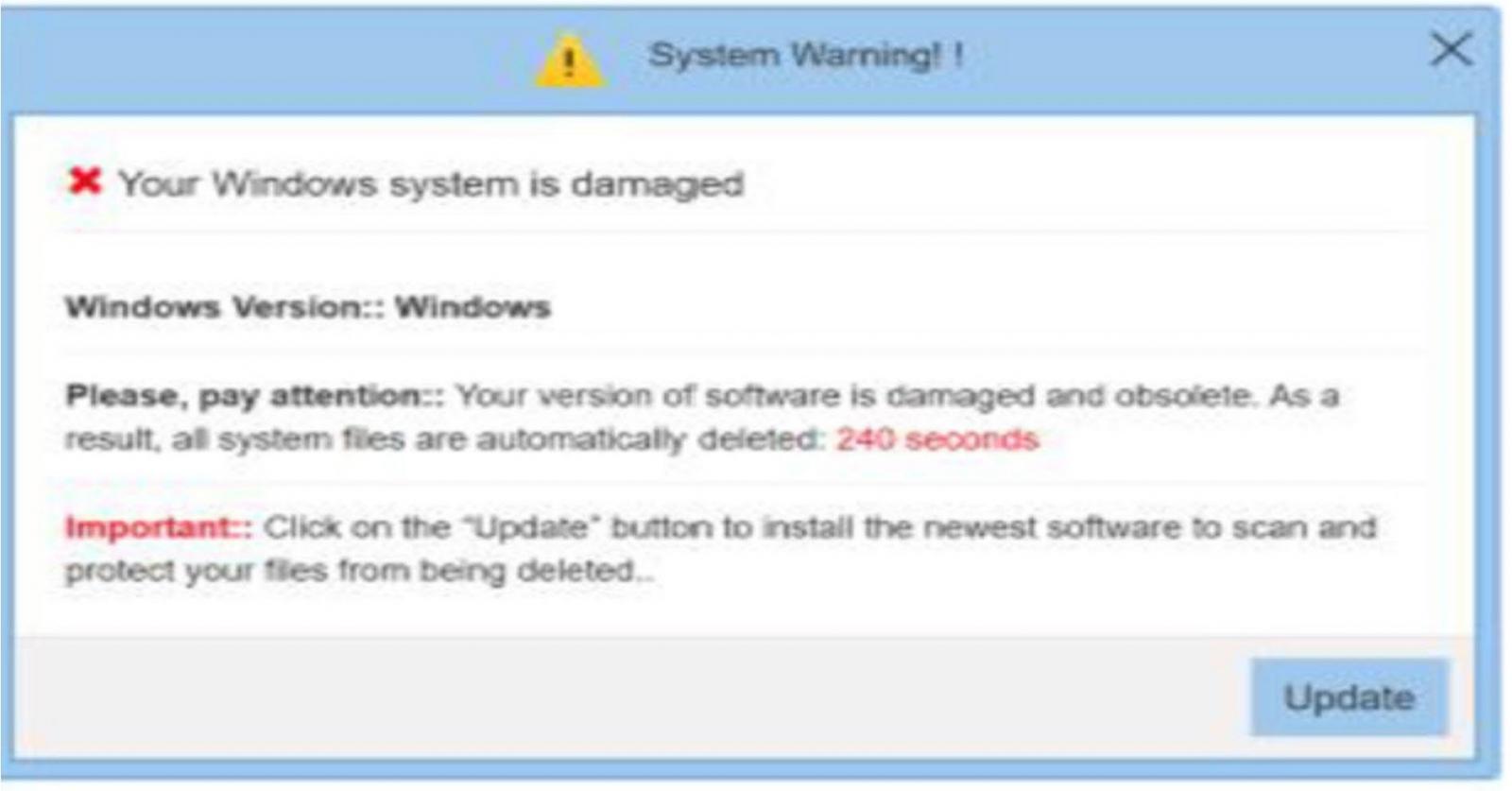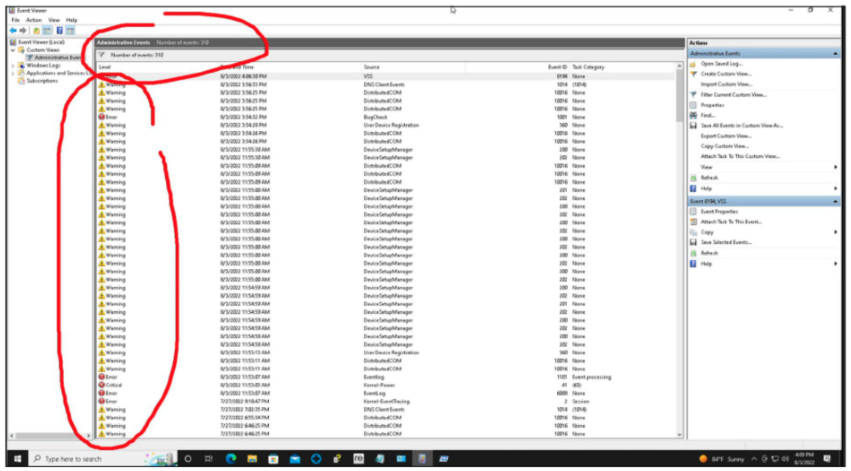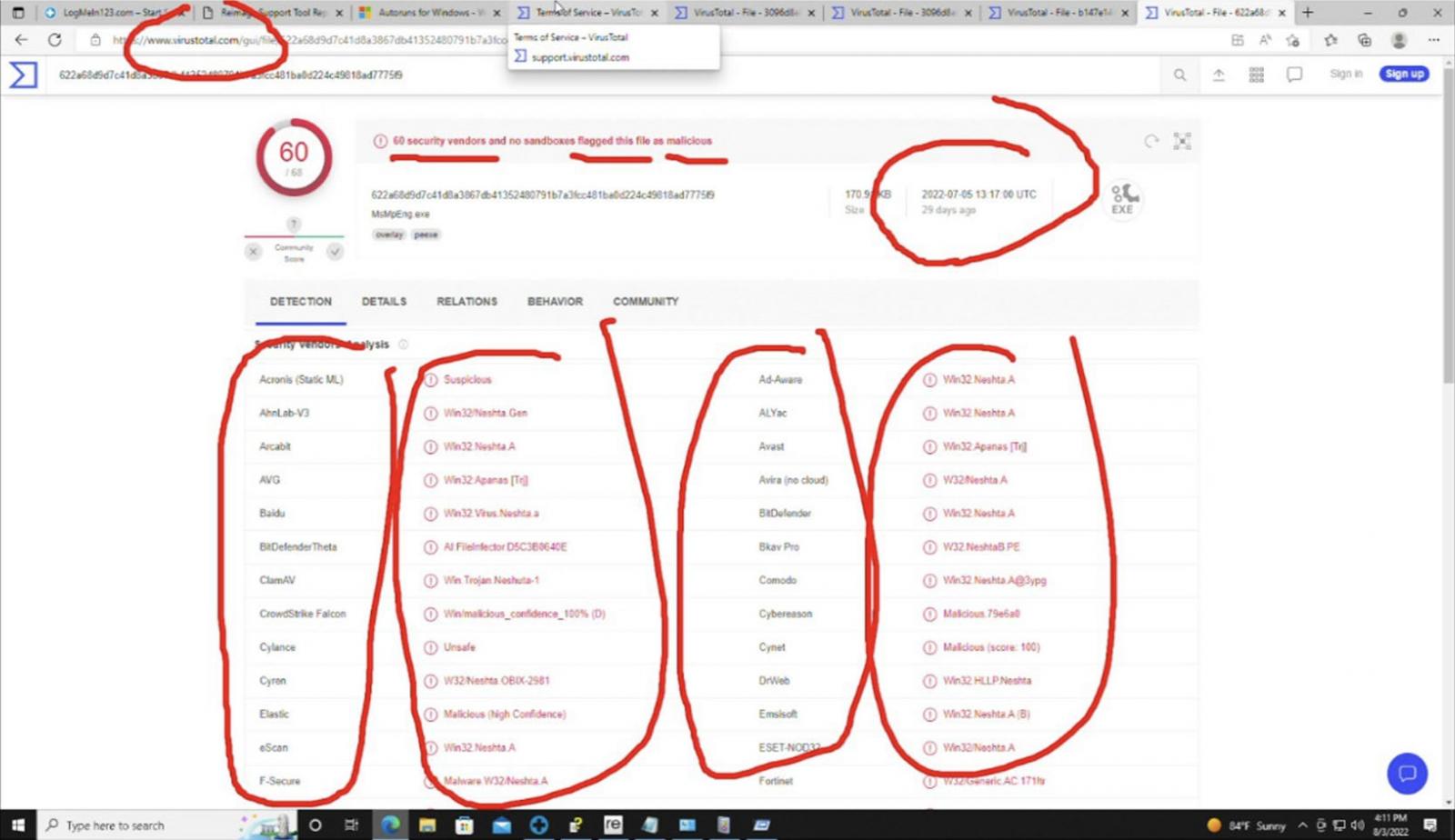
Tech help firms Restoro and Reimage pays $26 million to settle expenses that they used scare ways to trick their prospects into paying for pointless pc restore companies.
The U.S. Federal Commerce Fee imposed the effective in response to the 2 Cyprus-based companies’ misleading advertising, which violates the FTC Act and the Telemarketing Gross sales Rule.
“These firms used scare ways and lies about threats to customers’ private computer systems to bilk customers, notably older customers, out of tens of thousands and thousands of {dollars},” mentioned Samuel Levine, Director of the FTC’s Bureau of Client Safety.
“We’ve taken decisive motion to halt this scheme and return cash to customers.”
Restoro and Reimage used on-line advertisements and pop-ups that impersonated Microsoft Home windows pop-ups and system warnings, saying that the customers’ computer systems had been contaminated with malware, had varied efficiency points, and wanted pressing consideration to keep away from hurt.

FTC investigators additionally paid for these companies to copy the customers’ expertise with Restoro between Might and June 2022 and Reimage throughout July and August 2022.
Whereas the gadgets used to check the bought software program and companies had no efficiency or safety points and had been additionally working antivirus software program, scanning them “revealed” a whole bunch of points requiring restore, together with “PC Privateness points,” “Junk information,” “Crashed Applications,” and “Damaged Registry points.”
The FTC investigators had been requested to pay as much as $58 for a “PC Restore Plan” and, after paying, had been urged to make “activation” calls to Restore and Reimage telemarketers, who advised them the software program could not truly repair all the problems.
These telemarketers then requested entry to the investigators’ computer systems and claimed to search out extra “errors, crucial warnings, viruses, or malware” whereas pointing to common log entries within the Microsoft Home windows Occasion Viewer linked to plain and benign system errors and warnings.

“The telemarketers additionally use VirusTotal software program to assert that customers’ computer systems have viruses. In actuality, the best way that the telemarketers use VirusTotal doesn’t present that the pc that the telemarketer accessed remotely has a virus,” the criticism says.
“After displaying VirusTotal and Occasion Viewer, Defendants’ telemarketers usually show a web page itemizing gadgets to be fastened, together with errors and warnings, efficiency issues, and viruses.
“The telemarketers then suggest restore companies by a technician. They provide varied “restore plans” costing $199,99 for “S SILVER,” $299,99 for “GOLD,” or $499,99 for “PLATINUM” companies.”

Moreover the $26 million effective, the proposed FTC order, which awaits a federal court docket’s approval, additionally bans Restoro and Reimage from participating in misleading telemarketing and misrepresenting safety or efficiency points on customers’ gadgets to scare them into shopping for extra, pointless pc restore companies.
Because the begin of the yr, the FTC has additionally banned Avast from promoting searching information for promoting functions, ordered Turbotax-maker Intuit to cease advertising “free” software program that is not free, and banned two information brokers from promoting Individuals’ uncooked location information that might be used for monitoring functions.
